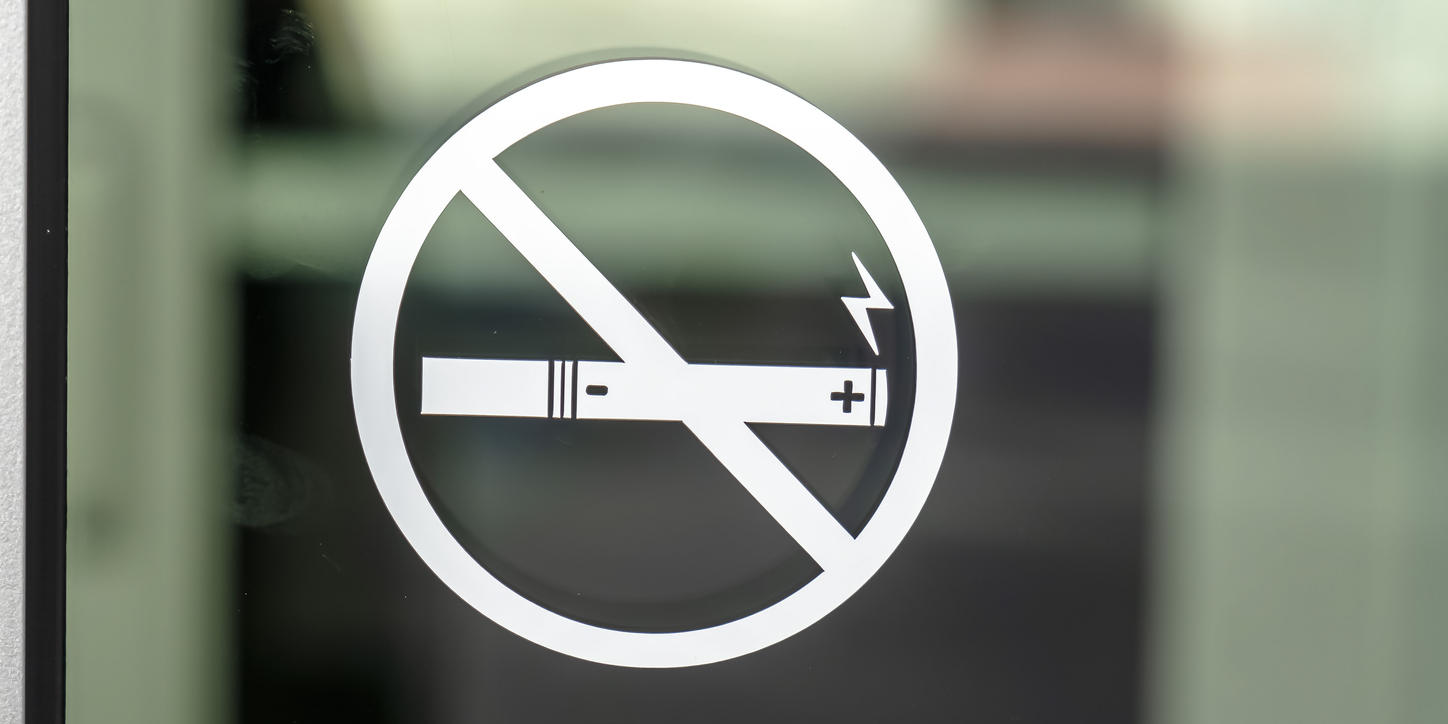Scotland proposes generational vape ban
November 23, 2023

The Scottish government said it is considering increasing the age of sale of vapes, along with the generational smoking ban currently under consultation by the UK government.
In its new Tobacco and Vaping Framework published on Thursday, the government added that it will continue to progress restrictions on further tightening the rules on advertising and promotion of vapes, based on the outcome of its 2022 consultation.
The Framework also proposes possible further restrictions on vaping products depending on the outcome of the UK-wide consultation, which the Scottish government is part of.
“The current UK-wide consultation is currently focused on raising the age of sale of tobacco only. As part of the first implementation plan we will consider whether any potential raise in age of sale of tobacco should be introduced alongside an increase in the age of sale of vapes,” the Framework reads.
The first phase of the framework will run until November 2025, any change to the age of sale of vapes would require consultation before introduction.
Alongside the Framework, the government has also launched a new marketing campaign informing parents, carers and school pupils of the dangers of vaping.
The proposal to ban vapes for future generations has sparked significant concern among consumers and harm reduction advocates.
“While the intention to curb smoking is commendable, it’s concerning that the Scottish government is considering extending this ban to vaping,” Michael Landl, director of the World Vapers’ Alliance, said.
“It’s important to remember that it’s already illegal for teenagers to buy vapes. Adding another layer of prohibition doesn’t solve the underlying issues. Instead, we need to focus on enforcing existing laws more effectively and addressing the reasons why teenagers start smoking or vaping in the first place.”
The generational tobacco ban proposes that anyone born in 2009 or later – currently 14 or younger – will never be able to buy tobacco products legally. Extending this approach to vapes, according to Landl, could lead to unintended consequences:
“Will there be vape smuggling gangs operating bringing vapes from England into Scotland? As absurd as this sounds, we have seen in the past what prohibition leads to. Prohibition has a history of failure, and this is no different. Banning the most successful smoking cessation tool in history makes little sense and is counterproductive. We have seen similar approaches fail disastrously in Australia, leading to a booming black market,” he said.
Landl further emphasised the distinction between smoking and vaping. “Equating vaping with smoking and subjecting them to the same regulations is a fundamental misunderstanding of harm reduction. Vaping is not smoking and should not be treated as such. By embracing harm reduction and recognising the unique role of vaping, Scotland has the opportunity to make a significant positive impact on public health.”
